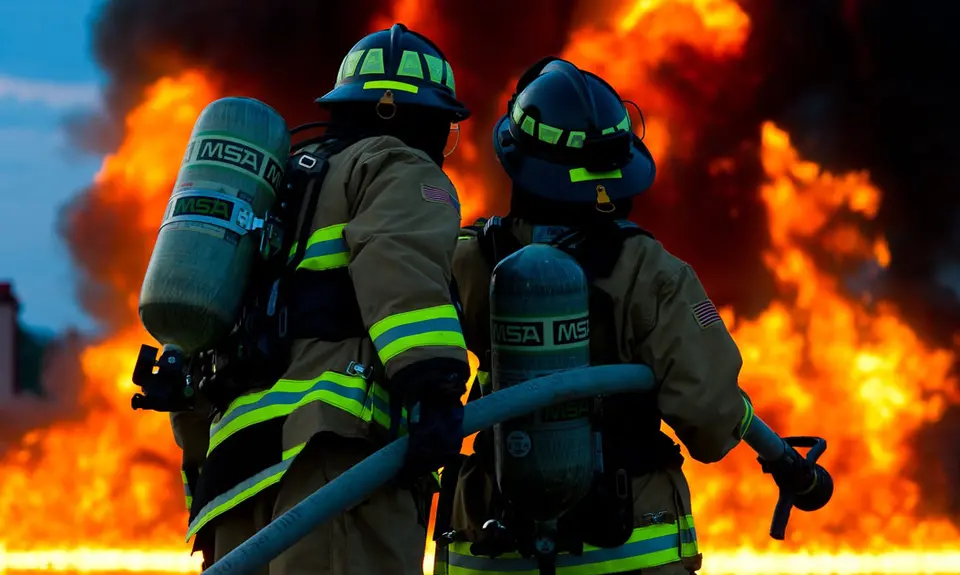“Confirmed Judges, Confirmed Fears” is a blog series documenting the harmful impact of President Trump’s judges on Americans’ rights and liberties. Cases in the series can be found by issue and by judge at this link.
Trump Fifth Circuit judge James Ho dissented from a January 2020 decision in Horvath v. City of Leander that upheld a fire department policy requiring firefighters to be immunized against infectious diseases or wear a respirator and take other protective measures while on duty. But Trump judge James Ho dissented, arguing that the firefighter should be able to prove that the requirement imposed an improper substantial burden on his religious free exercise.
The Leander, Texas fire department requires that firefighters who come into regular contact with other firefighters and civilians must receive an immunization against infectious diseases including tetanus, diphtheria, and whooping cough. Brett Horvath, a Leander firefighter and Baptist minister, objected to the immunization as violating a tenet of his religion. As an accommodation, the fire department offered him two options. He could transfer to another position with the same pay and benefits that did not involve the same amount of contact with others. Otherwise, he could remain in his current position and wear protective equipment including a respirator while on duty and be tested periodically for possible diseases. Horvath declined both options. After he was terminated he filed suit, claiming the requirement violated his rights under Title VII, Texas state law, and the Constitution.
The district court granted summary judgment for the city and the majority of a Fifth Circuit panel agreed. Although he concurred with most of the decision, Judge Ho dissented on Horvath’s constitutional claims. He argued that Horvath should have the opportunity to prove that the city policy “substantially burdens” his free exercise of religion without a sufficient justification by forcing him to “choose between sacrificing his faith and working under unequal conditions.” Much of Ho’s dissent was devoted to criticizing the Supreme Court’s 1990 decision in Employment Division v. Smith, which made it harder to prove claims that government has violated someone’s free exercise of religion under the First Amendment.
The majority strongly disagreed. Without relying at all on Smith, the majority explained that the city had not substantially burdened Horvath’s free exercise of religion because the alternate accommodations the fire department offered allowed him to “freely exercise his religion while maintaining his current job.” Any “burden” on Horvath was slight, the majority went on, compared to the “serious consequences” in the cases Ho cited, such as completely “foregoing unemployment compensation benefits.” In short, the majority concluded, Horvath was not “forced to choose between compromising his religious beliefs and ‘pay[ing] a very heavy price.’”
Ho’s dissent also went on to promote his radical position on qualified immunity for public officials, which has been significantly criticized but ignored by the majority since it was not a grounds for his dissent in this case. If Ho’s dissent on Horvath’s religious claims had been accepted, however, it could have made it easier to challenge immunization and other health and safety requirements on religious grounds. Fortunately, Ho’s views were rejected.
